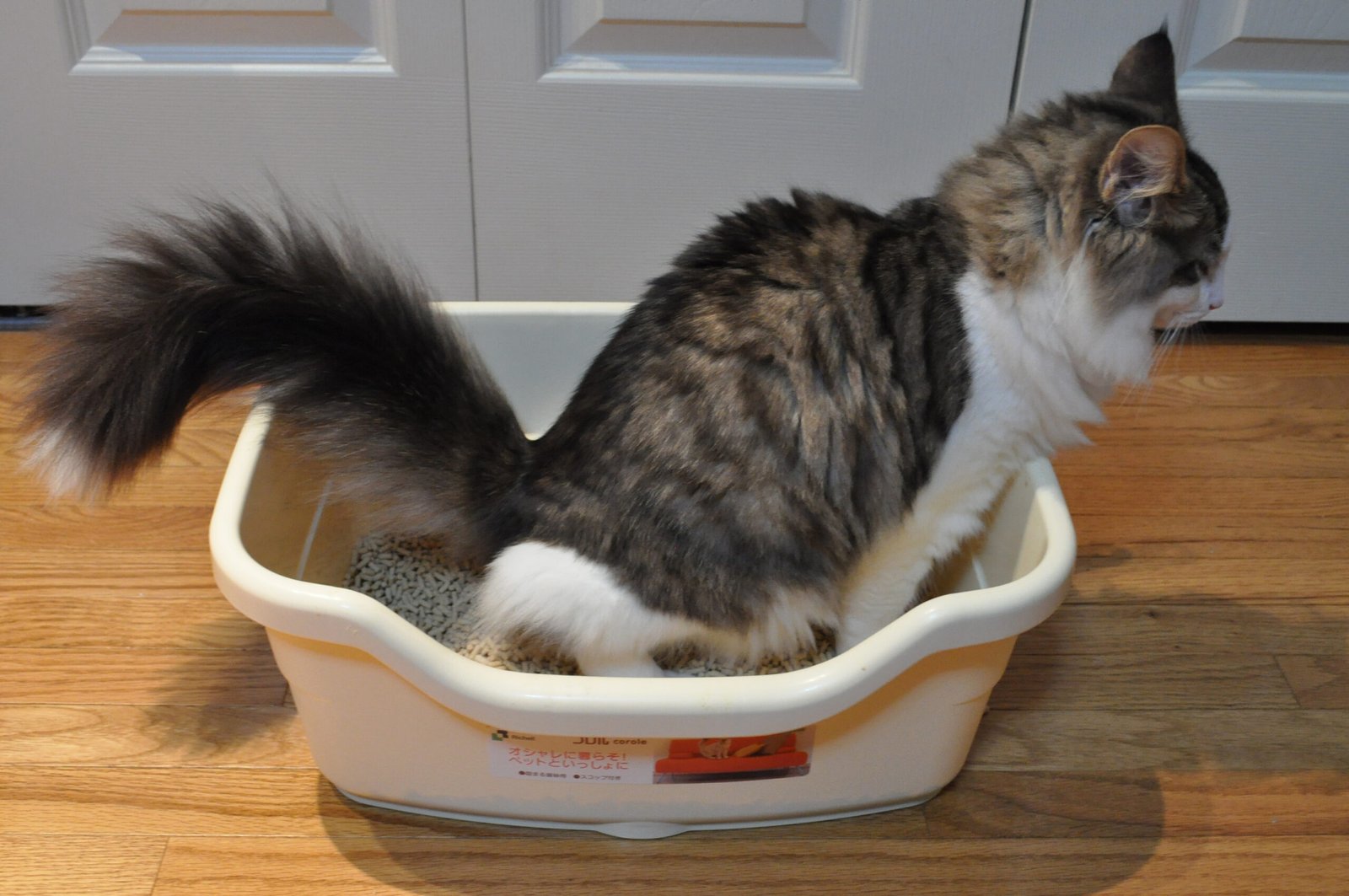Have you ever wondered if your cat feels rejected? It’s a thought that might not cross your mind often, but it’s crucial for any loving cat owner. Cats, with their mysterious behaviors and enigmatic expressions, can sometimes seem aloof. However, beneath that cool exterior, they are sensitive creatures capable of experiencing emotions, including rejection. It’s not just about a tail flick or a haughty stare; understanding your cat’s feelings can deepen your bond and improve their well-being. So, how can you tell if your feline friend is feeling left out or ignored? Let’s delve into the subtle signs that might indicate your cat feels rejected.
Changes in Eating Habits
One of the first signs that your cat might feel rejected is a noticeable change in their eating habits. If your once voracious eater suddenly turns their nose up at their favorite meal, it could be an emotional response. Cats often use food as a comfort, and when they feel neglected, they might either overeat or completely lose interest in food. It’s similar to how humans might reach for a tub of ice cream or skip meals when feeling down. Keep an eye on your cat’s eating patterns; any significant change could be a silent cry for attention and affection.
Increased Hiding Behavior
Cats are naturally curious and often enjoy exploring their environment. However, if your cat starts spending more time hiding under the bed or behind the couch, it might be a sign they’re feeling rejected. When cats feel emotionally hurt, they may retreat to a safe space where they can be alone. This behavior is akin to a person withdrawing from social interactions when feeling down. Pay attention to where your cat spends most of their time, and if they seem more reclusive than usual, it might be time for some extra cuddles and reassurance.
Excessive Grooming
Cats are known for their meticulous grooming habits, but excessive grooming can indicate a deeper issue. If your cat is licking themselves more than usual, it could be a sign of stress or anxiety due to feeling rejected. This behavior is comparable to a person biting their nails when nervous. Over-grooming can lead to bald patches or irritated skin, so it’s essential to address the underlying emotional cause. Spend quality time with your cat to help alleviate their anxiety and reassure them that they are loved.
Unusual Vocalizations
Cats communicate through a variety of sounds, from soft purrs to loud meows. If your cat suddenly becomes more vocal or changes their usual sounds, it might be a sign of emotional distress. Just as humans might raise their voice when upset, cats might meow more loudly or frequently if they feel ignored. Listen to your cat’s vocalizations and try to understand what they might be trying to tell you. Sometimes, all it takes is a little extra attention to make them feel heard and valued.
Aggressive Behavior
While cats are generally gentle creatures, aggressive behavior can be a sign that they feel rejected. If your cat starts swatting, biting, or hissing more than usual, it might be their way of expressing frustration or hurt. This behavior is akin to how a person might lash out when feeling emotionally overwhelmed. It’s important to approach your cat calmly and try to understand the root of their aggression. Offering them a safe space and some extra love can help ease their feelings of rejection.
Litter Box Issues

Cats are typically very clean animals and prefer to use their litter box. However, if your cat starts having accidents outside the box, it might be a sign that they feel neglected. This behavior can be compared to a child acting out when they want attention. Ensure that their litter box is clean and easily accessible, and spend some quality time with them to address any feelings of rejection. A little extra care can go a long way in making your cat feel secure and loved.
Lethargy and Lack of Playfulness
A sudden change in your cat’s energy levels might indicate that they feel rejected. If your playful kitty suddenly seems disinterested in their favorite toys or spends most of their time sleeping, it could be a sign of emotional distress. This lethargy is similar to how humans might feel tired and unmotivated when sad. Engage your cat with interactive toys and activities that they enjoy. Showing them that you care can help lift their spirits and reignite their playful nature.
Change in Sleeping Patterns
Cats are known for their love of sleep, but a significant change in their sleeping patterns can be a red flag. If your cat is sleeping more or less than usual, it might be a sign that they feel rejected. This is similar to how some people might sleep excessively or have trouble sleeping when they feel emotionally troubled. Monitor your cat’s sleeping habits and provide them with a comfortable and safe sleeping environment. Sometimes, a little extra attention and affection can help them feel secure and loved.
Understanding your cat’s emotional needs is crucial for their well-being and your relationship with them. By recognizing these signs of rejection, you can take steps to address their feelings and ensure that they feel cherished and valued. Your cat might not speak your language, but with a little observation and empathy, you can communicate your love and strengthen your bond. What subtle signs does your cat show when they’re feeling left out?

Growing up traveling and experiencing new cultures and wonders, I have had a passion for nature, adventuring, photography, and videography. I am currently working towards a BSc in Biodiversity and Ecology at Stellenbosch University, and I hope to specialise in Marine Sciences one day.
Please send any feedback to Feedback@animalsaroundtheglobe.com






